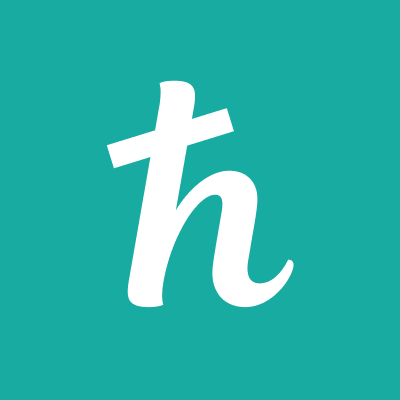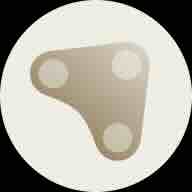
MILORD to KRW Converter and calculator


Conversion rates
Convert MILORD to KRW
Convert KRW to MILORD
MILORD to KRW chart
MILORD to KRW conversion data: Volatility and price changes of Milos The Lord of the G-strings in KRW
| Last 24 hours | Last 7 days | Last 30 days | Last 90 days | |
|---|---|---|---|---|
High | 0 KRW | -- KRW | -- KRW | -- KRW |
Low | 0 KRW | -- KRW | -- KRW | -- KRW |
Average | 0 KRW | 0 KRW | 0 KRW | 0 KRW |
Volatility | % | % | % | % |
Change | -- | -- | -- | -- |
Buy
Sell
| Merchants (trades/completion rate) | Price | Amount/limit Low to high | Payment methods | Zero fees Action |
|---|
Milos The Lord of the G-strings information
MILORD to KRW market statistics
Current MILORD to KRW exchange rate
Milos The Lord of the G-strings to South Korean Won is falling this week.More info about Milos The Lord of the G-strings on Bitget
South Korean Won information
About the South Korean Won (KRW)
What Is the South Korean Won (KRW)?
The South Korean Won (KRW) is the official currency of South Korea. It is symbolized by ₩ and is a decimalized currency, meaning it is divided into 100 subunits called jeon, although the jeon is no longer used in everyday transactions. The most commonly used denomination is 1 won. The international foreign exchange market designation for the South Korean Won is KRW. The South Korean Won is the sole legal tender in South Korea, and it is used for all transactions within the country.
The South Korean Won is issued by the Bank of Korea, which is the central bank of South Korea. The Bank of Korea is responsible for the design, production, and distribution of the nation's currency. Additionally, the actual minting of coins and printing of banknotes are carried out by the Korea Minting and Security Printing Corporation, a government-owned corporation that also handles the production of various government documents and securities.
What Is the History of KRW?
The won has been a part of Korea's monetary system for centuries, with the modern version dating back to 1902. During Japan's occupation from 1910 to 1945, the won was replaced by the Korean yen. After World War II, Korea was divided, leading to the creation of the South Korean won in 1949. Initially pegged to the US dollar, the won underwent several devaluations, especially during the Korean War. In 1962, the won was reintroduced after being replaced by the hwan between 1953 and 1962. The won was pegged to the US dollar until 1997 when it was allowed to float freely in the foreign exchange market.
Notes and Coins of KRW
Initially, coins ranged from ₩1 to ₩100, but inflation led to the withdrawal of the ₩1 and ₩5 coins in 1992. Currently, coins are minted in denominations of ₩10, ₩50, ₩100, and ₩500. The initial series of banknotes in 1962 included denominations up to ₩100, with a ₩500 note. Over time, higher denominations were introduced to keep pace with inflation, including ₩1000, ₩5000, ₩10,000, and later ₩50,000. To combat counterfeiting, modern banknotes feature up to 22 separate security features.
Why Does South Korean Won Have Many Zeroes?
The South Korean Won (KRW) features many zeros largely due to historical inflation, particularly during the Korean War in the 1950s, which devalued the currency and necessitated larger denominations. This trend was further reinforced by South Korea's rapid economic development and industrialization from the 1960s onwards. Cultural preferences for larger numerical values and the practicality of transactional efficiency also play a role. However, it's important to note that the number of zeros in the currency does not directly reflect its value, as currency worth is relative and influenced by various economic factors.
Do North and South Korea Use the Same Currency?
No, North and South Korea do not use the same currency. Although both countries use a currency called the "won," they are distinct and separate currencies issued by their respective governments.
● South Korean Won (KRW): The currency used in South Korea is the South Korean Won, symbolized as ₩. It is issued by the Bank of Korea, the central bank of South Korea.
● North Korean Won (KPW): North Korea uses the North Korean Won, also symbolized as ₩. It is issued by the Central Bank of the Democratic People's Republic of Korea, which is North Korea's central bank.
The two currencies are not interchangeable and have different values and characteristics in the international currency markets.
Popular conversions










Hot promotions
How to convert MILORD to KRW



Popular Milos The Lord of the G-strings Converter
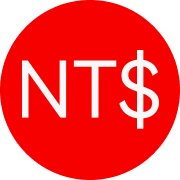
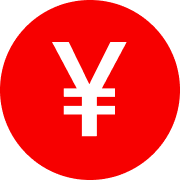
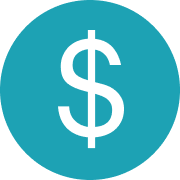
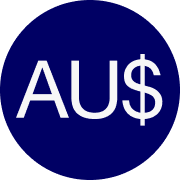
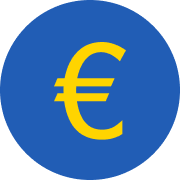

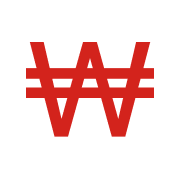
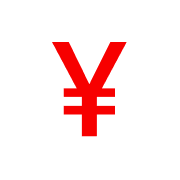
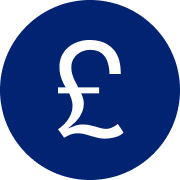
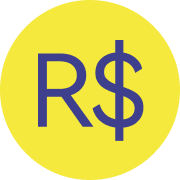
Popular cryptocurrencies to KRW










MILORD to KRW Conversion tables
| Amount | 17:27 today | 24 hours ago | 24h change |
|---|---|---|---|
0.5 MILORD | ₩0.001154 | ₩-- | 0.00% |
1 MILORD | ₩0.002309 | ₩-- | 0.00% |
5 MILORD | ₩0.01154 | ₩-- | 0.00% |
10 MILORD | ₩0.02309 | ₩-- | 0.00% |
50 MILORD | ₩0.1154 | ₩-- | 0.00% |
100 MILORD | ₩0.2309 | ₩-- | 0.00% |
500 MILORD | ₩1.15 | ₩-- | 0.00% |
1000 MILORD | ₩2.31 | ₩-- | 0.00% |
MILORD to KRW FAQ
What factors influence the conversion rate of MILORD to KRW?
Popular exchange rates — Crypto-to-Fiat converter
The price of Milos The Lord of the G-strings in the US is $0.{5}1569 USD. Additionally, Milos The Lord of the G-strings’s price is €0.{5}1360 EUR in the eurozone, £0.{5}1200 GBP in the UK, C$0.{5}2211 CAD in Canada, ₹0.0001392 INR in India, ₨0.0004435 PKR in Pakistan, R$0.{5}8366 BRL in Brazil, and more.
The most popular Milos The Lord of the G-strings currency pair is the MILORD to South Korean Won(KRW). The price of 1 Milos The Lord of the G-strings (MILORD) in South Korean Won (KRW) is ₩0.002309.
Popular fiat
Popular areas
Purchase other cryptocurrencies with similar market cap






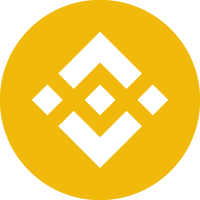

Other crypto price predictions
 Bitcoin(BTC)Price predictions
Bitcoin(BTC)Price predictions Ethereum(ETH)Price predictions
Ethereum(ETH)Price predictions Celestia(TIA)Price predictions
Celestia(TIA)Price predictions Solana(SOL)Price predictions
Solana(SOL)Price predictions Worldcoin(WLD)Price predictions
Worldcoin(WLD)Price predictions Bittensor(TAO)Price predictions
Bittensor(TAO)Price predictions Dogecoin(DOGE)Price predictions
Dogecoin(DOGE)Price predictions PepeCoin(PEPECOIN)Price predictions
PepeCoin(PEPECOIN)Price predictions Pandora(PANDORA)Price predictions
Pandora(PANDORA)Price predictions ORDI(ORDI)Price predictions
ORDI(ORDI)Price predictions
























